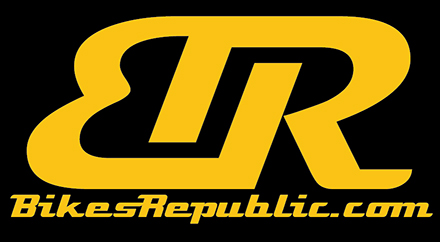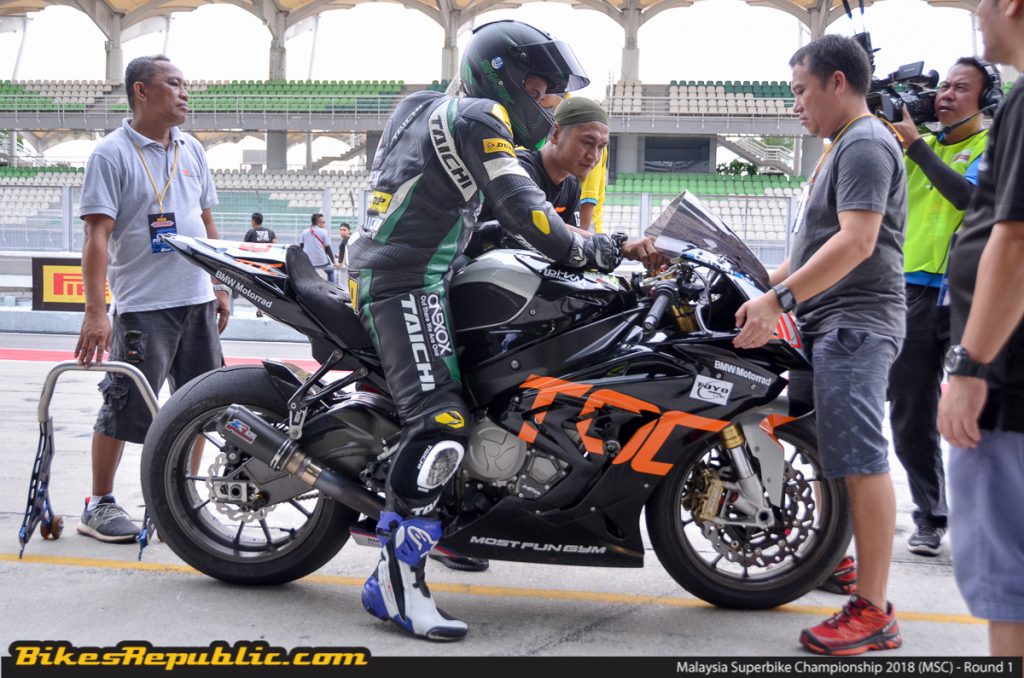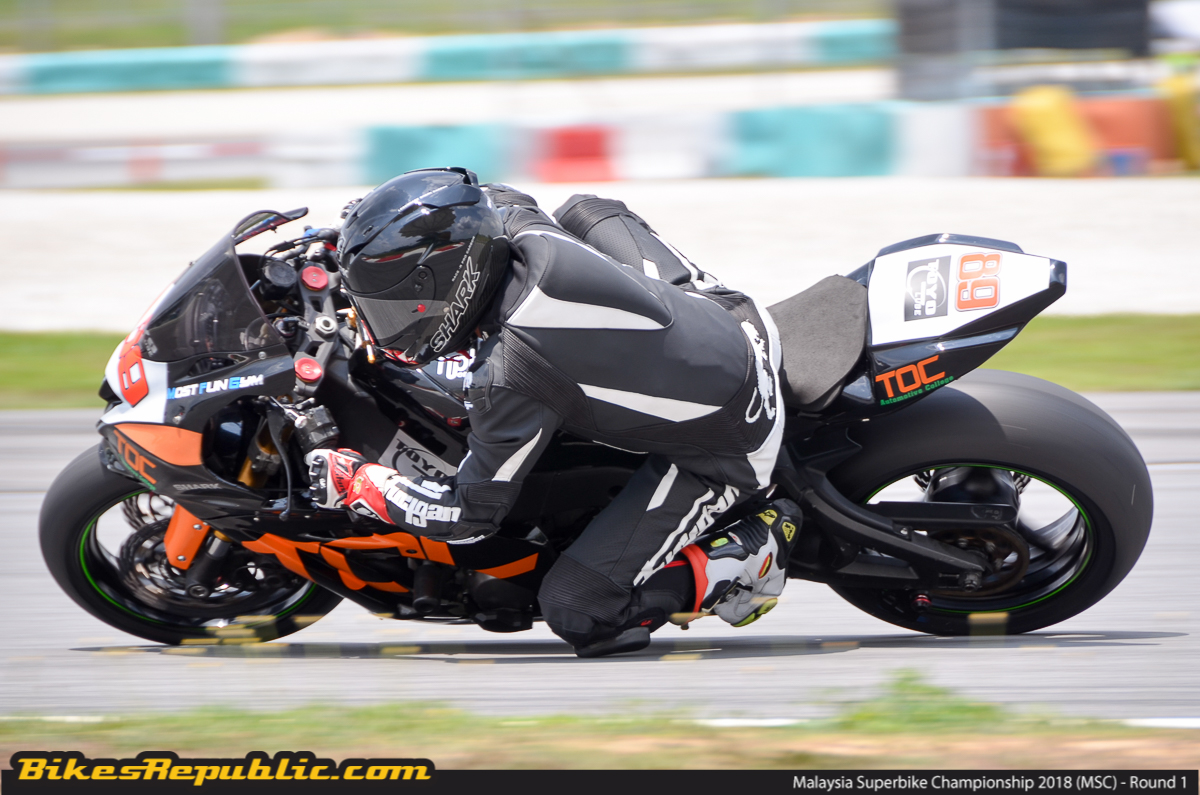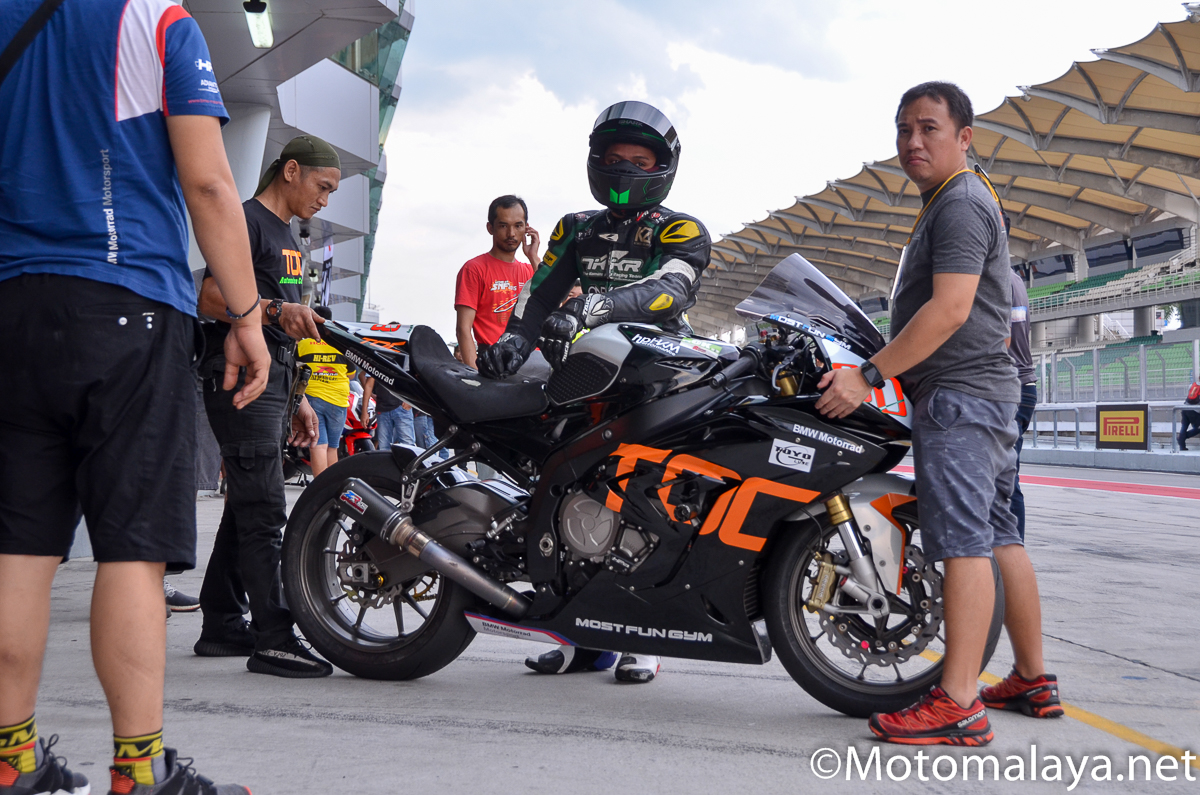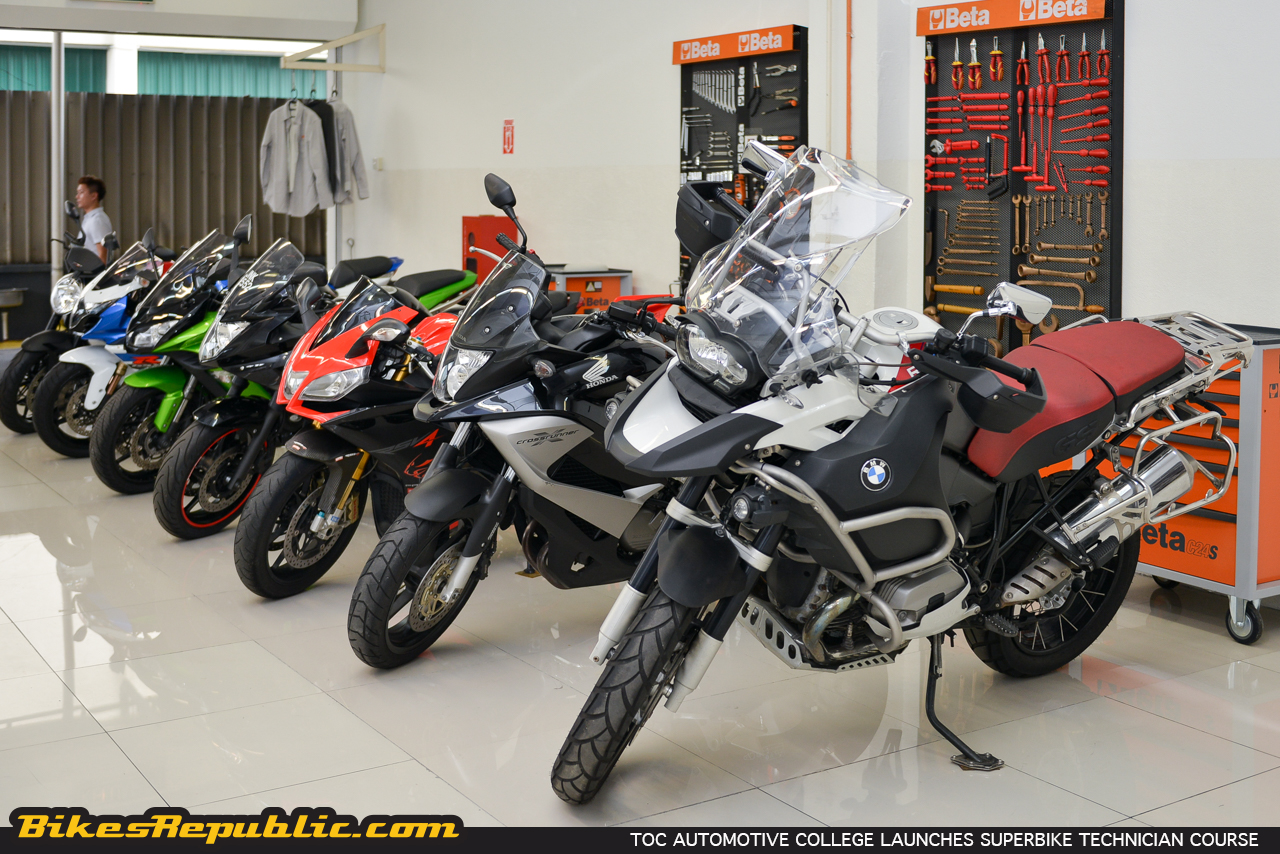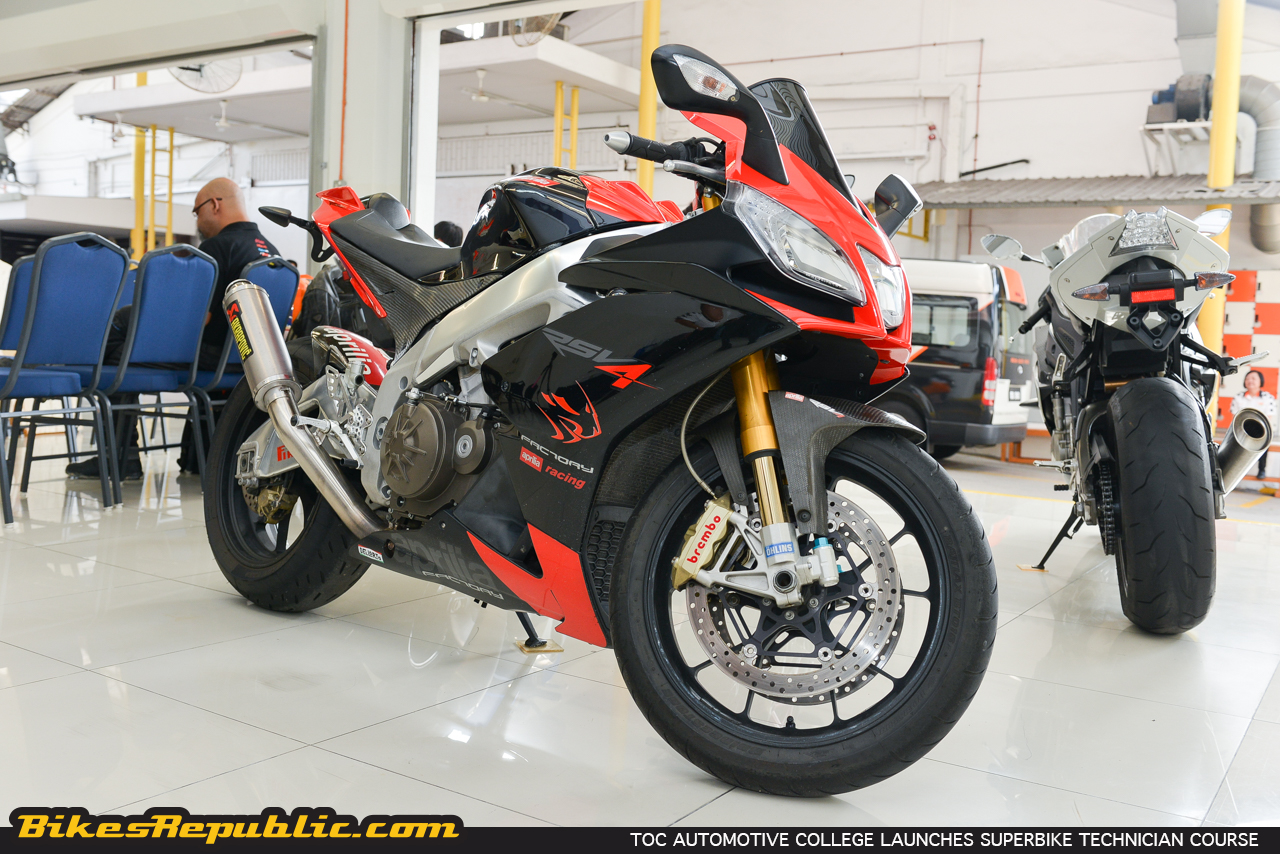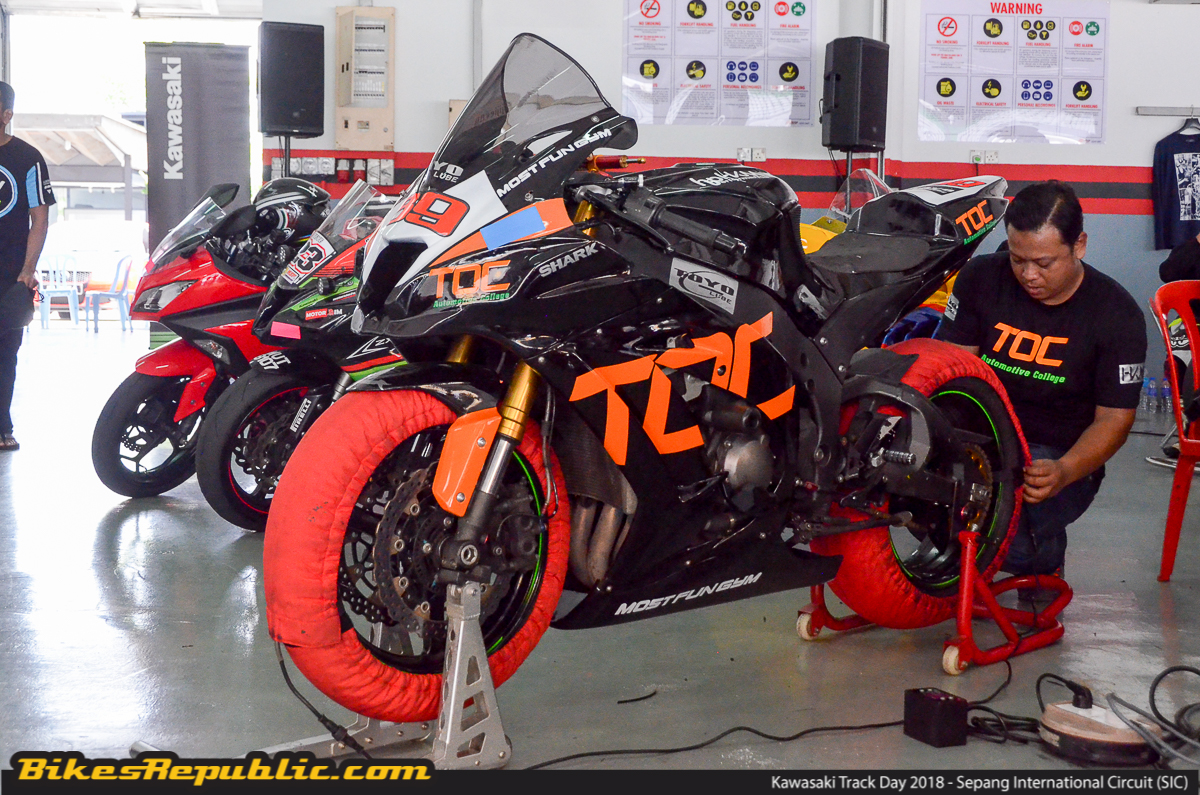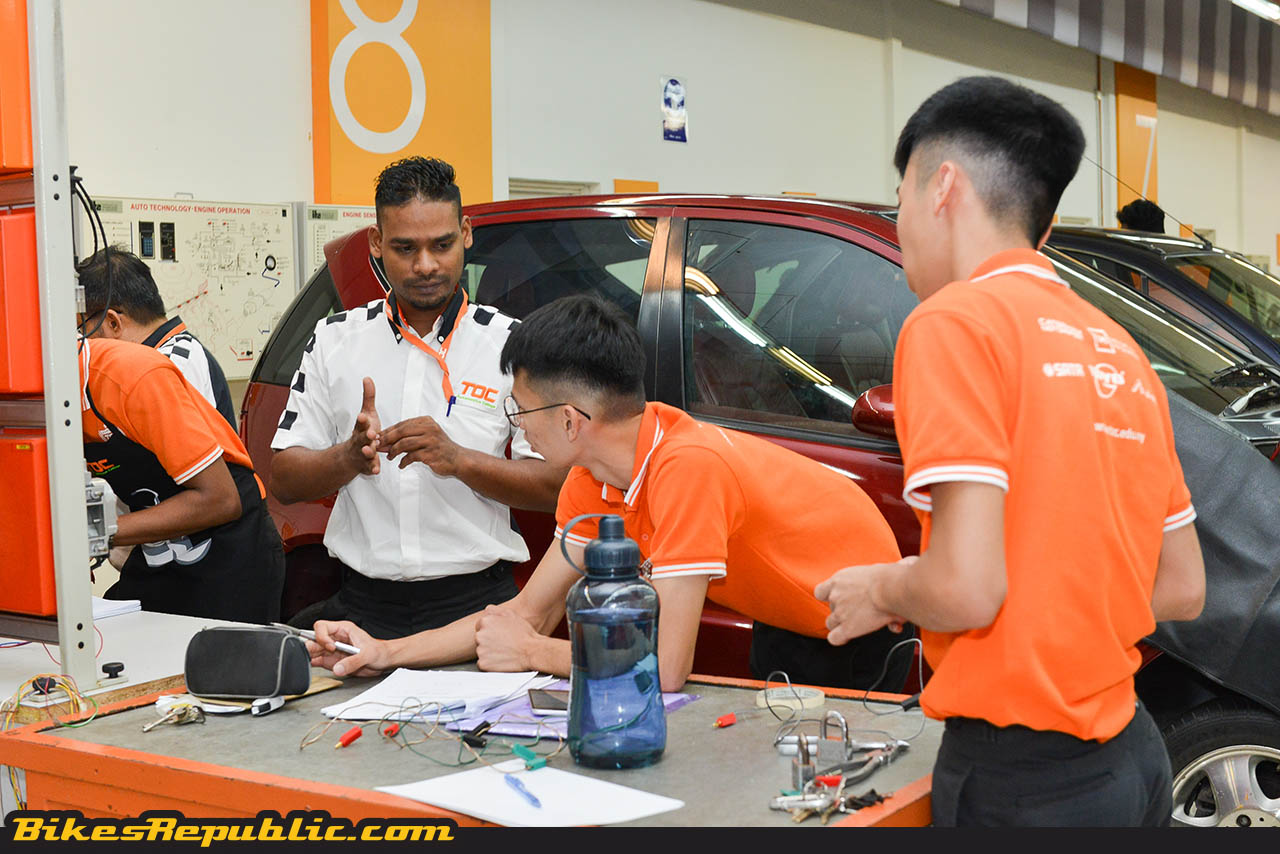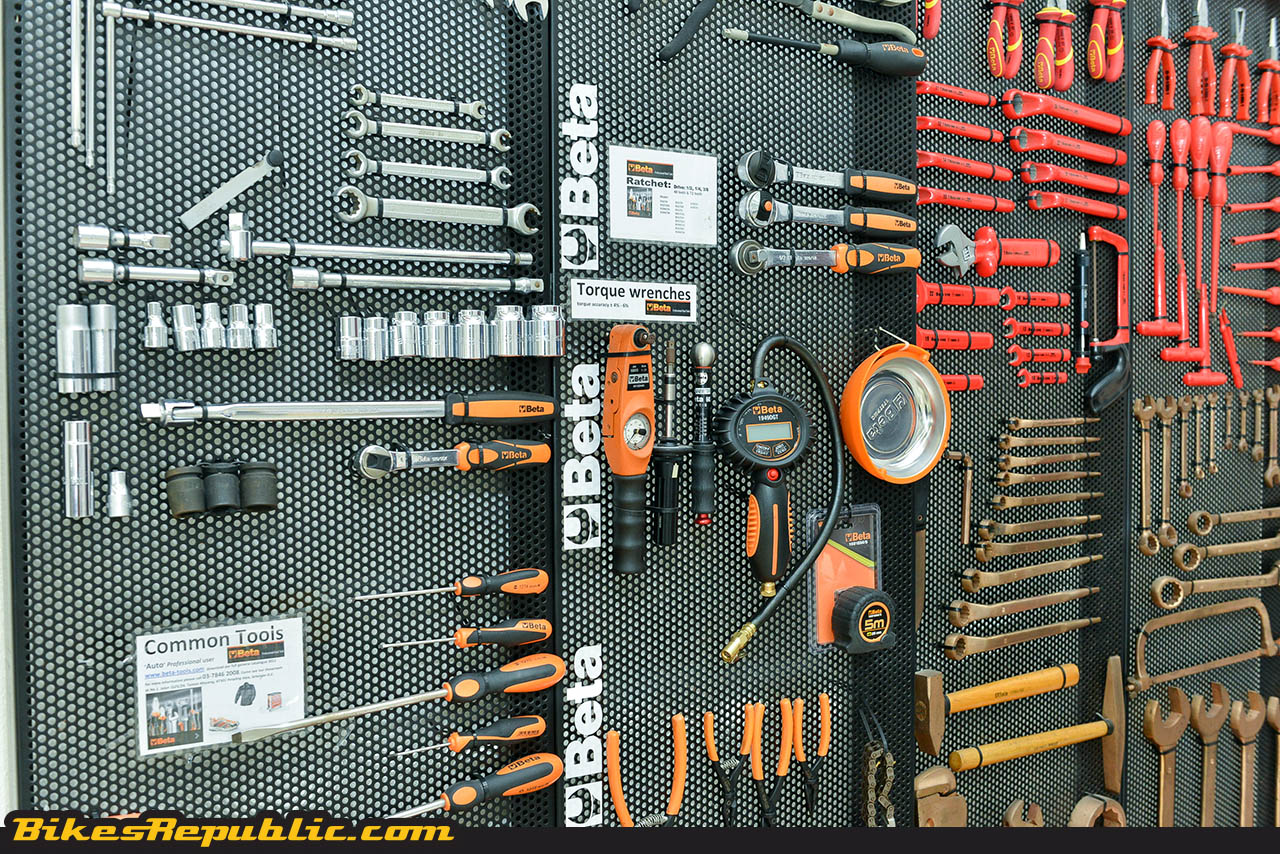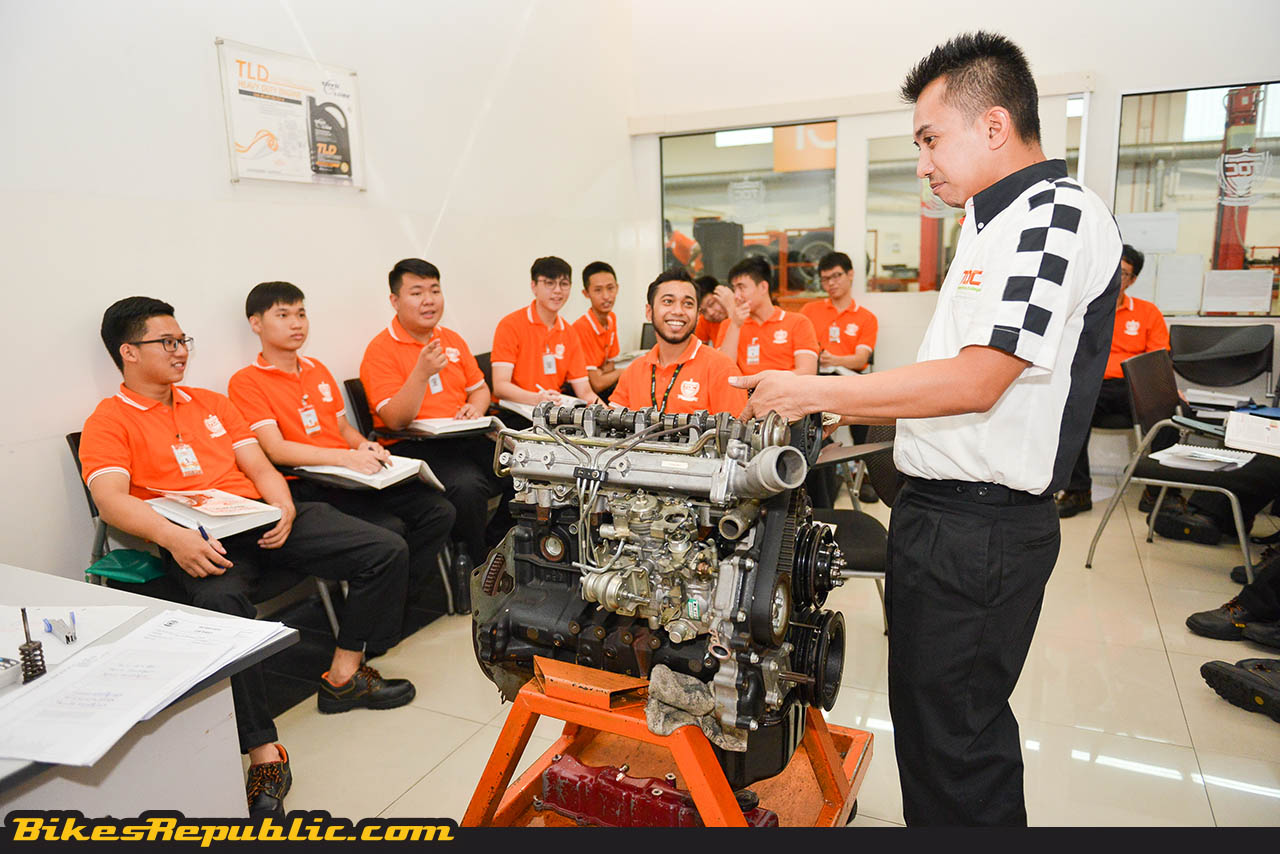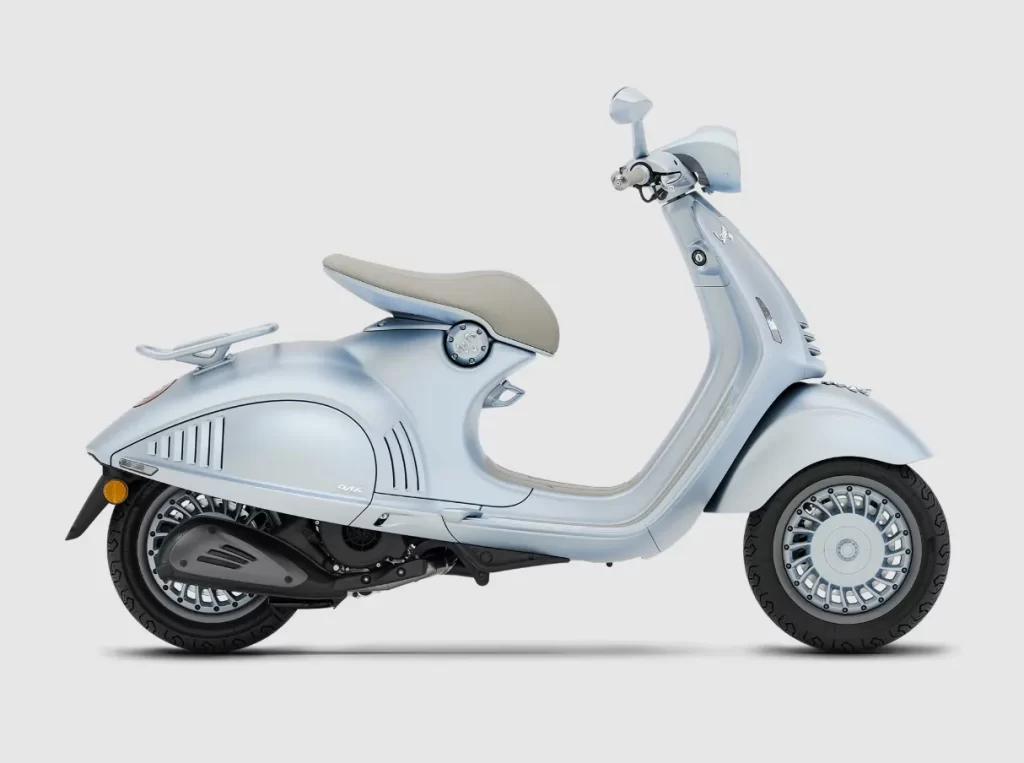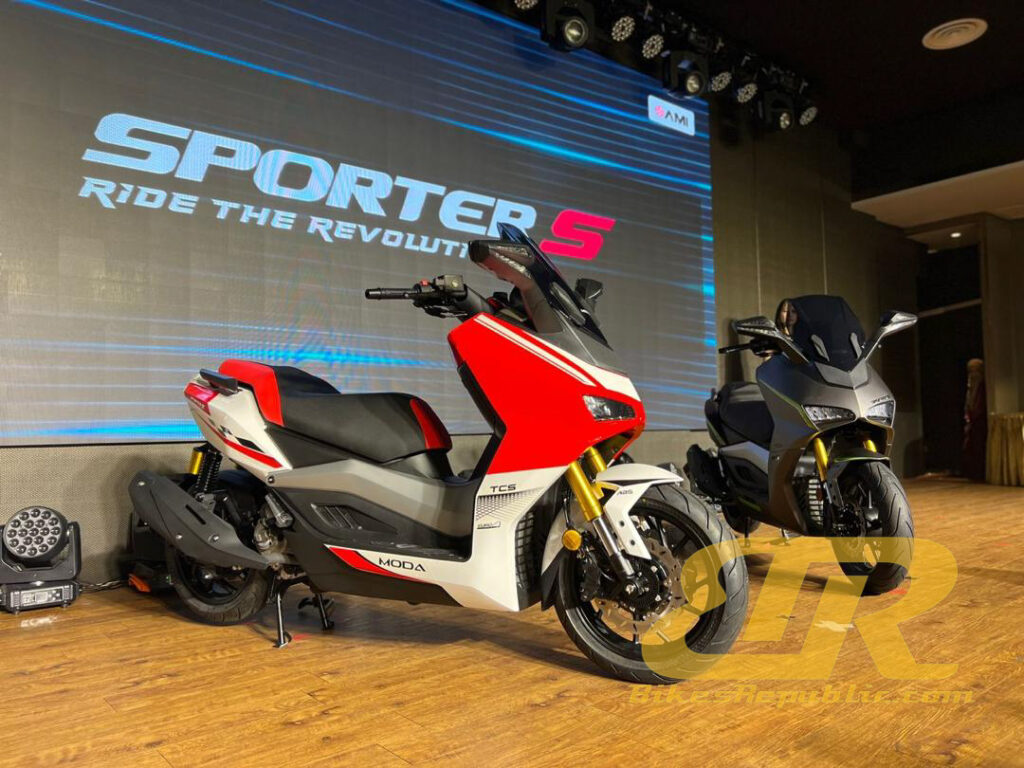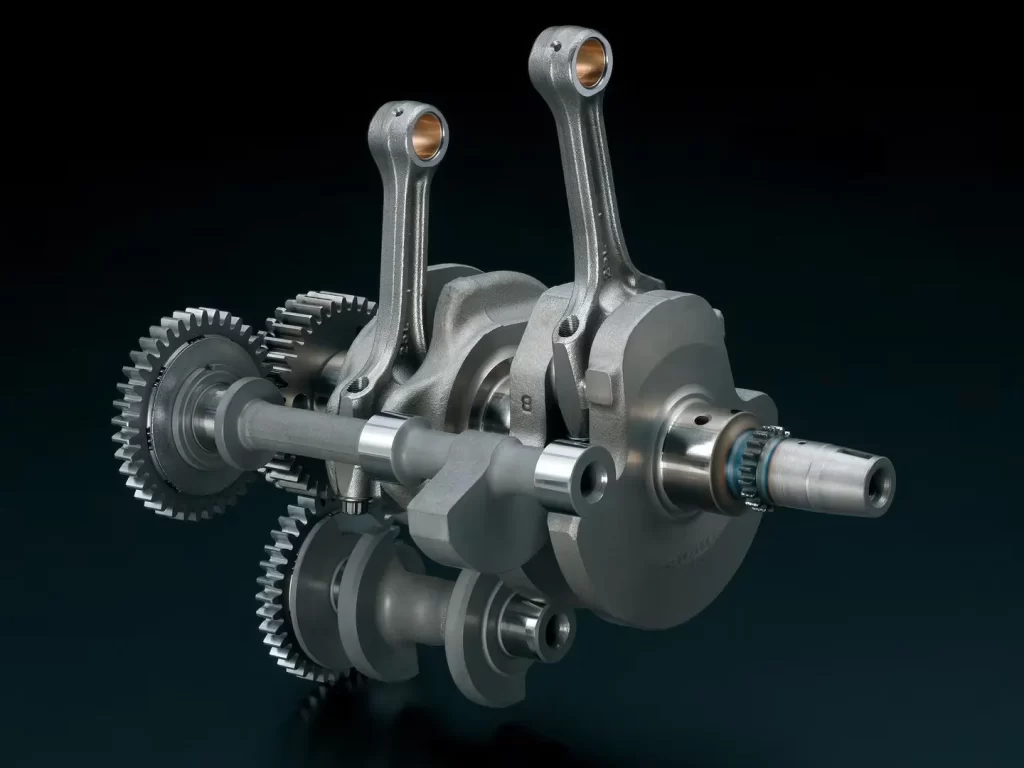-
Trusting your bike to a certified technician is a no-brainer.
-
There are great “traditional” mechanics out there but motorcycles are getting more complex.
-
A certified technician invariably means official training, discipline and knowledge.
Before we go on, surely you have experienced a horrific visit or two to a motorcycle workshop. You have ridden motorcycles for decades, but there always seem to be something to surprise you.
We had written about this earlier, please click on the link below.
As we mentioned before, there are a few great mechanics around. These ‘otais’ cut their teeth in motorcycle maintenance and repairs usually from when they were very young. However, the key to their businesses surviving for so long is not due to offering cheap parts and accessories; instead, it is due to their passion in applying proper workshop practice and techniques. Visit one and you may see a good workshop manual or two in the office.
But how about the younger generation coming into the job market? It was something of an eye-opener for us when the TOC Automotive College launched their Superbike Technician Course a few weeks ago.
To recap, the TOC Automotive College (TOC) launched their Superbike Technician Course. Also during the launch, TOC signed an agreement with the Malaysian Motorcycle and Scooter Dealers Association (MMSDA). To summarize, the agreement will see students of TOC’s Superbike Technician Course be sent to MMSDA affiliated workshops to undergo industrial training as part of their curriculum and find job placements there when they have completed the course.
Mr. Wee Hong, Chairman of MMSDA iterated that there is a pressing need for qualified technicians at member workshops. (Please click on the link below for more details.)
So why the need for qualified technicians over those who were self-taught? (Again, we stress that not all self-taught technicians are bad.)
Therefore, the benefits of having your pride and joy looked after by a certified technician are:
- Proper workshop practices such as using the right tool for the right job. For example, using a torque wrench rather than whacking away with the pneumatic impact driver.
- TOC, for example, requires a passing mark of 80% for each subject. That means their graduates have already been ingrained with most, if not all, knowledge about motorcycles.
- Again, TOC does not compromise with students who missed any class more than twice per subject in a semester. This sort of training inculcates not only skill and knowledge but also discipline.
- Discipline translates to ownership and responsibility. We’ve had some great experience visiting a few workshops whose technicians performed superbly, despite their young age.
- Being certified means the technician is able to understand English. Now, it is not that we are ostracizing non-English speakers, but the cold, hard fact is that workshop manuals, owners’ manuals for imported motorcycles, guidebooks, most technical publications and videos are in English.
Motorcycles are getting ever more complex, especially in terms of electronics. The new crop of technicians is trained to diagnose these problems with the help of electronic testers.
While the above may not be 100% representative of the real world, at least it is better than having your bike’s CAN-bus worked on by a pokok ceri mechanic. Think of it this way: Would you visit a doctor or your neighbour (because he has a hot daughter) to diagnose your illness?
To know more about TOC’s Superbike Technician Course, CLICK HERE!
